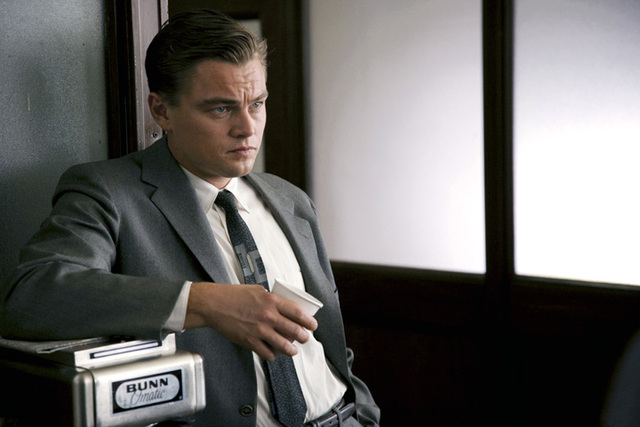Film Review: Revolutionary Road
Heavy Drama Paints Marital Strife In Shades Of Midcentury Modern


honey
Latest Article|September 3, 2020|Free
::Making Grown Men Cry Since 1992


honey